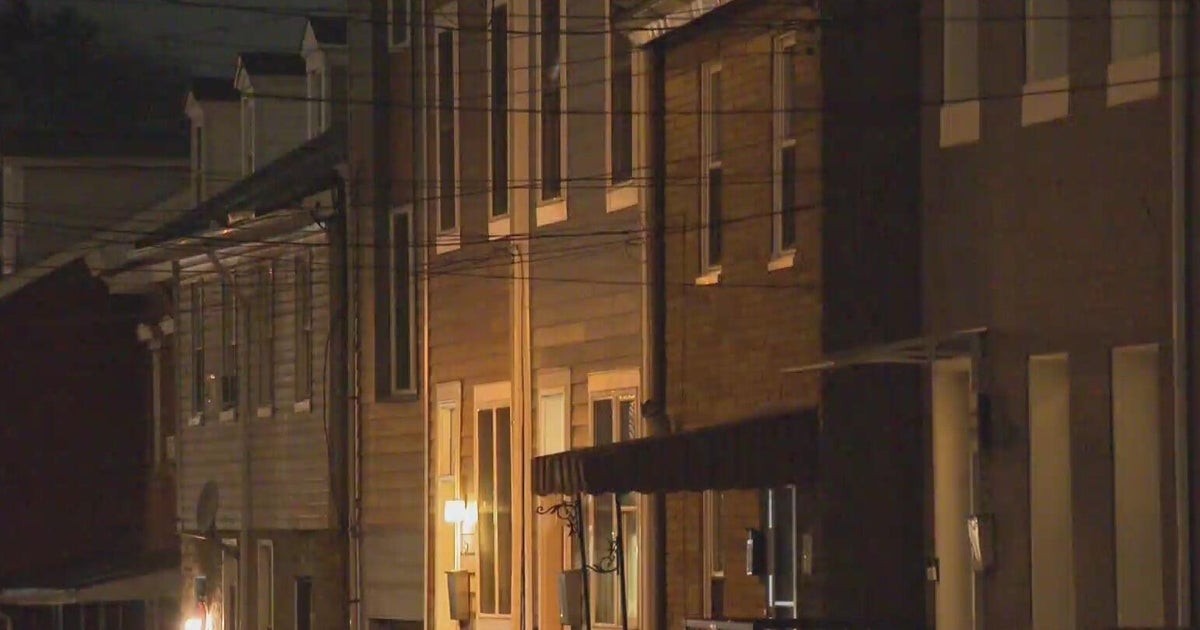Lawsuit Says $1.3 Billion Lincoln Yards Tax Subsidy Benefits Mostly-White Areas
CHICAGO (CBS)--Taxpayer funding for the Lincoln Yards project has already been approved by the Chicago City Council with a nod from Mayor-elect Lori Lightfoot.
A week after the massive plan to develop industrial areas on Chicago's north side gained key approvals from Chicago officials, the city is being targeted in a lawsuit.

On Wednesday, 'Grassroots Collaborative and Raise Your Hand for Illinois Public Education' filed a lawsuit in Cook County Circuit Court in opposition to the project.
The community group, with the backing of the Chicago Lawyers' Committee for Civil Rights, argues Mayor Rahm Emanuel's administration failed to meet state regulations for tax increment financing that restrict the property tax diversion program only to blighted areas, where it would be unlikely to see development without a boost from public dollars.
Last week, Chicago City Council members approved up to $1.3 billion in TIF dollars for the project.
In the lawsuit, opponents of the Lincoln Yards project criticize the city's decision to award TIF funds--a public pool of taxpayer dollars set aside for economic development--to Lincoln Yards, describing the area as "sandwiched between three of the whitest, wealthiest and more economically-vibrant areas in Chicago," according to the lawsuit.
The group suing the city claims the TIF funds were being allocated to mostly-white areas "to the detriment of areas in majority African American and majority-Hispanic census tracts."
Among a host of complaints, critics have accused the developers of not having enough affordable housing included in their plans, whicj
Attorney Aneel Chablani of the Chicago Lawyers' Committee for Civil Rights described the legal action as a "systemic challenge to Chicago's administration of the TIF system."
"It challenges not only the creation of the Cortland and Chicago River TIF district, but the manner in which Chicago uses the TIF system to benefit areas of the city not intended by the statute and by doing so negatively affects low-income communities of color and the very neighborhoods that were intended to be aided through the use of TIF funds," Chablani said in a statement.







